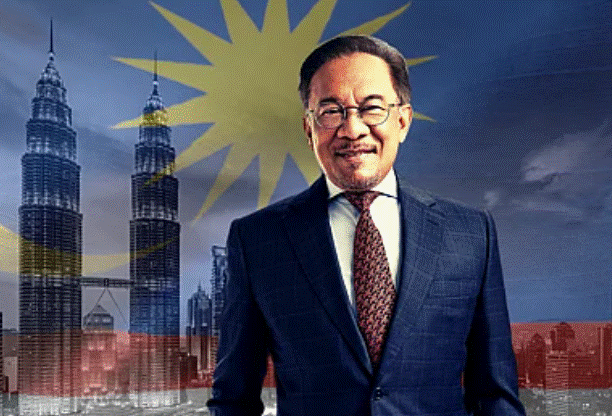KUALA LUMPUR/BANGKOK/PNOM PENH – Malaysia has been selected as the neutral venue for the upcoming General Border Committee (GBC) meeting between Thailand and Cambodia, slated for August 4–7, 2025 in Kuala Lumpur. The Malaysian Armed Forces confirmed they will facilitate the session, which forms part of an “immediate and unconditional” ceasefire agreement brokered on July 28 under the auspices of Malaysian Prime Minister Anwar Ibrahim, the current ASEAN Chair.
Defense Minister Mohamed Khaled Nordin announced Malaysia’s readiness and will coordinate a preparatory trilateral video conference on August 2 with Thai and Cambodian Defence ministers to ensure smooth proceedings. The meeting is expected to convene in Wisma Perwira, Kuala Lumpur, with officer-level discussions occurring between August 4 and 6, leading up to ministerial talks on August 7.
GBC Agenda and Observer Participation
Key agenda items include the Terms of Reference for the deployment of ASEAN Defence attachés and a monitoring group, to oversee implementation of the ceasefire terms.
Thailand has agreed to allow observers from Malaysia (as ASEAN chair), the United States, and China to attend on August 7, acknowledging their roles in ceasefire facilitation. Cambodia had earlier formally requested observer participation, which Thailand ultimately accepted despite earlier reservations about external involvement in what it considered a bilateral mechanism.
Background: Escalation and the Path to Ceasefire
Border tensions between Thailand and Cambodia escalated sharply in late May 2025. A skirmish near the Emerald Triangle on May 28 left one Cambodian soldier dead, triggering troop buildup and diplomatic tension, including Cambodia’s formal protest to the UN over what it termed Thai aggression.
In late July, five days of intense clashes erupted along disputed border zones—including near the temples of Preah Vihear—resulting in at least 41 to 43 deaths and displacement of up to 300,000 civilians. The landmine incident that injured Thai soldiers led to Thailand downgrading diplomatic ties, recalling its ambassador and recalling Cambodia’s envoy.
A ceasefire was reached via a special meeting in Putrajaya on July 28, led by Malaysia with intervention from the U.S. (notably President Donald Trump threatening trade tariffs) and China. Despite the formal truce, Thailand has since accused Cambodia of minor ceasefire violations; while Cambodia has voiced concern over a perceived imminent Thai offensive ahead of GBC talks. As part of goodwill measures, Thailand released two detained Cambodian soldiers in advance of the meeting, while the remaining are undergoing immigration processing.
Malaysia’s ASEAN Diplomacy and Regional Stakes
Malaysian Prime Minister Anwar Ibrahim highlighted Malaysia’s political stability and neutrality as key reasons for its selection as host, and underscored the global recognition Malaysia has garnered for steering ASEAN‑led resolution efforts.
Observers will closely monitor the GBC meeting’s outcome—particularly whether interim confidence-building measures and detailed procedures (like attaché deployment and monitoring) can form the basis of sustainable peace. The meeting is not intended to resolve underlying border claims, which remain unresolved since colonial-era demarcations, but it is critical to stabilizing a dramatically tense immediate environment. (zai)
Sources: AP/Reuters

